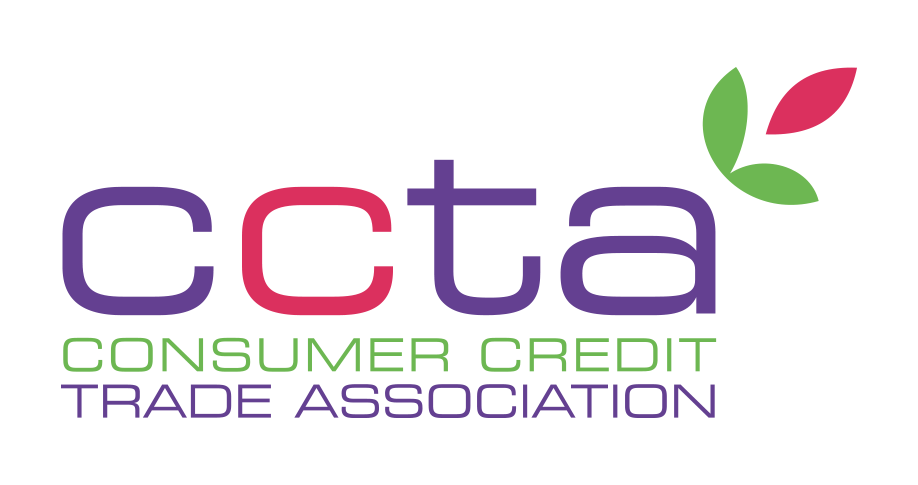Guarantor Loans: What is A Guarantor and How Does it Affect A Loan Application
Guarantor loans can be a solution for those struggling with a bad, limited or short credit score, such as those who have struggled with credit repayments in the past, or a young person looking to get credit on their name for the first time. However, these agreements could have major implications for both the guarantor and the lender, so it is important to fully understand these types of financial arrangements before taking out a guarantor loan or mortgage.

What is A Guarantor?
A guarantor is an individual who takes responsibility for credit on behalf of another person. Essentially, they agree to pay off any credit facility, like a loan or a mortgage, taken by another person if that person should be unable to pay it during the term of the contract. If the borrower is able to pay each instalment, the guarantor will not be required to make any payments. The function of the guarantor is thus to guarantee that any credit provided will be paid off; they serve as a ‘promise’ to the lender that loaned funds will be returned.
There are few limitations when becoming a guarantor: lenders would require the guarantor to be a resident of the United Kingdom and preferably a homeowner so that lenders could pursue legal action if necessary, to have a reputable credit history and to be able to demonstrate the ability to pay the loan or mortgage of the borrower if the borrower is unable to.
What Are the Responsibilities of a Guarantor?
One should consider very carefully the implications of becoming a guarantor, even if it is to help a friend or loved one. If the borrower should default, it is automatically the responsibility of the guarantor to pay the loan or mortgage - which could affect the guarantor’s chances of being provided with credit in the future.
In the instance of using a guarantor to secure a mortgage for a house, joint liability comes into play. Joint liability is an element of a financial arrangement entered into by more than one party which stipulates that one party can become responsible for the entire financial obligation should the other party be unable to pay; in the case of a guarantor home loan, the guarantor and the borrower are responsible for the loan repayments, but if the borrower defaults, the guarantor is responsible for the entire financial obligation.
In addition to this, guarantor’s actually have no claim to the property for which they have signed surety, despite being financially responsible for them - unless it was agreed upon. This means that guarantor’s risk having to pay the mortgage on a home that they do not own, as well as risk having their own assets repossessed if both the borrower and the guarantor aren’t able to pay the loan instalment!
What Are The Risks of Being A Guarantor?
The greatest and most immediate risk of being a guarantor is that of having to pay the instalments of a loan or mortgage in the instance that the borrower defaults - and not just the capital amount, but any and all interest charges, too. If the borrower dies, the guarantor will still be liable for the entire loan amount. If the guarantor is unable to pay, or pays late, they then a borrower applying put their credit score at risk.
At the time of the application, both the borrower and the guarantor’s credit scores will be checked - thus, it is advisable not to perform too many applications as it could negatively impact the credit score of both parties. In addition to that, non-payment or late payments can implicate the guarantor’s credit score, and potentially inhibit future credit applications made by the guarantor.
Should I Become A Guarantor?
If you have been asked to be a guarantor for a friend of family member’s mortgage or loan application, ensure that you do your research and think carefully about the potential responsibilities you will be taking on.
If you choose to become a guarantor for a loan or mortgage, there are a number of steps that you and the borrower can take to improve your chances for approval as well as potentially earn you a better interest rate:
- ● create or re-assess your personal budget to ensure that you can afford the monthly instalments; lenders usually conduct a detailed analysis on your income and expenses to determine if the loan is affordable and can decline your application if your income is not enough to cover the additional expense
- ● improve your credit score by paying instalments on existing debt on time; your credit score reflects your ability to meet financial commitments, and is extremely important to lenders
- ● clear existing debt and close credit cards or facilities you do not use; if your income to debt ratio is high, it is unlikely that you will be approved for a loan or mortgage; existing credit cards can also be an indication of the possibility of future debt, which lenders do not like to see.
Ultimately, the decision to become a guarantor rests entirely in the borrower’s ability to afford and pay the instalments on time, as well as your ability to cover the cost when and where necessary. This is why it is advisable only to take on the responsibility for those you trust and have a good relationship with.

